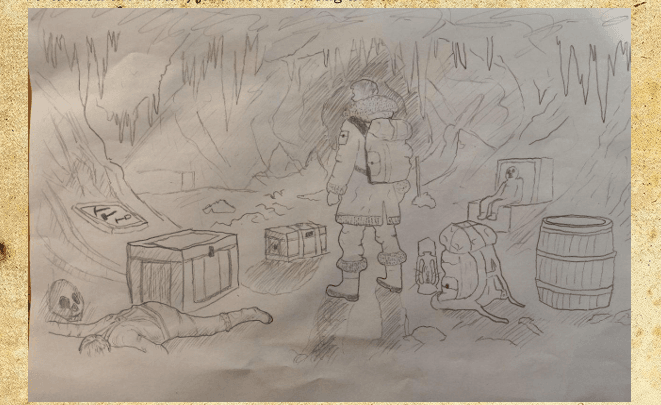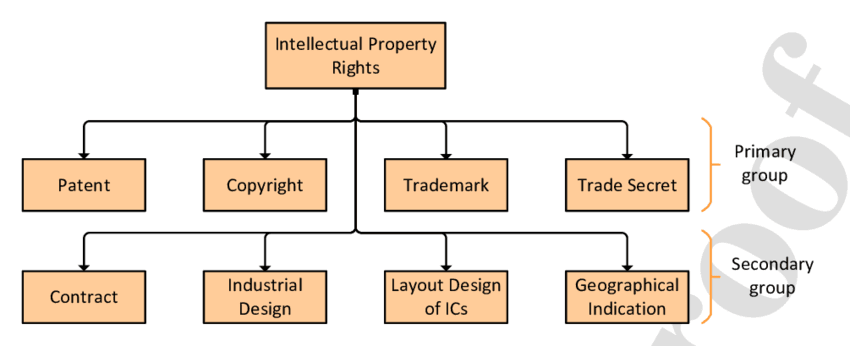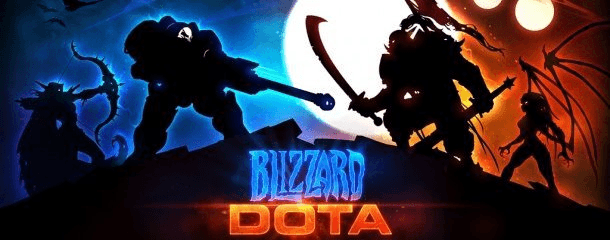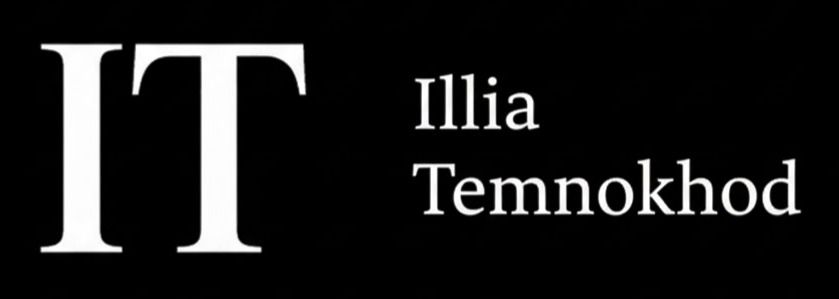The Two-Sided Medal: Why IP is a Gift and a Curse for Developers
IP rights and their importance in the creative industries.
Intellectual Property, or "IP," is the right of an author and/or owner to a particular creation. This can be a character from a book, a game mechanic, a computer technology, the name of a game series, or even a brand name from within any given universe.
This is why it's so important to protect your work. History has thousands of examples of theft - of patents, research, and creativity. To protect yourself from scammers, you need to legally register your creation. This covers a lot: your idea, unique mechanics, concept artі, program code, and much more.

In the US, for example, IP is protected for the life of the author plus 70 years. For works made for hire, it's up to 120 years after creation. After that, the creation becomes part of the Copyright Act of 1976.

The Two-Sided Medal of IP Law
IP law is a medal with two sides.
On one hand, creators no longer have to fear losing their creation and can always, voluntarily or forcibly, make plagiarists stop.
On the other hand, it also scares others from creating something similar - not identical, but similar. Our entire culture, including the film and game industries, is filled with references, self-quotes, and repetitions. This isn't always a bad thing, often, it's a sign of respect for projects and works that fans all over the world hold in their hearts.
The "Clone" Problem in Mobile Gaming
There is also the interesting effect of mobile gaming: the flooding of app stores with clones of clones, most of them of very questionable quality. Cloned at Birth: The Story of Ridiculous Fishing
Unfortunately, it's become normalized in this market to make clones of other games, violating copyrights and earning hundreds of thousands and millions from it. But I can assure you, the market will regulate itself over time, and everything will normalize.
Case Studies
I. The "Gray Zone" - The Dota War (Blizzard vs. Valve)
A brilliant example of an IP dispute is the War for "Dota." Defense of the Ancients, or Dota, was originally a mod for Blizzard's Warcraft III (2002). The mod was built on the Warcraft engine, and its assets, characters, and universe were taken from Warcraft - meaning it was, effectively, 100% Blizzard's IP.
The mod gained insane popularity, creating an entire new genre: the MOBA. The key person maintaining the mod in its later period was "IceFrog," who was hired by Valve in 2009. In 2010, Valve first patented and then announced Dota 2 - a full, standalone game that was a direct continuation of the mod.
Blizzard couldn't stand aside and filed a protest, as the entire game was built on their assets, and they didn't understand how Valve could hold a trademark for "Dota." In the end, Valve won the right to use the "Dota" name for its commercial product. This example is so significant because it was a battle of titans in the previously "gray area" of modding. It legally posed the question: who owns community creativity? The answer turned out to be complex and cost Blizzard an entire sub-brand.

II. The "Bully" - ZeniMax vs. Mojang (The Elder Scrolls)
An example of an IP dispute that seems unfair to me is the battle of ZeniMax vs. Mojang over "Scrolls." You can easily recall the biblical parable of David and Goliath—ZeniMax and Mojang, respectively.

It all started when Mojang announced their new game called "Scrolls." ZeniMax immediately filed a lawsuit for the use of their intellectual property, the "The Elder Scrolls" game series, claiming Mojang was misleading buyers and the community. The situation itself looks ridiculous because the word "Scrolls" is a common, old English word used for centuries.
This looked more like a classic example of "trademark bullying," where a mega-corporation uses its limitless legal resources to intimidate a smaller company. Trademark Bullying. In the end, the parties reached a settlement, and Mojang was allowed to use the name "Scrolls" for their game, BUT Mojang was forced not to register "Scrolls" as a trademark for themselves and not to create any sequels. For me, this remains the best example of an unfair abuse of power and IP.

My Final Thoughts: A Gift and a Curse
In my personal opinion, Intellectual Property is both a gift and a curse of the 21st century.
It saves authors from the malicious theft of characters or technologies, but in some situations, it also takes away the ability of authors to continue their own creations.
Clone Wars: is plagiarism killing creativity in the games industry?
The main thing is to use it correctly for your safety and the safety of your works of art. And never forget to value the work of others and the time spent on it.
